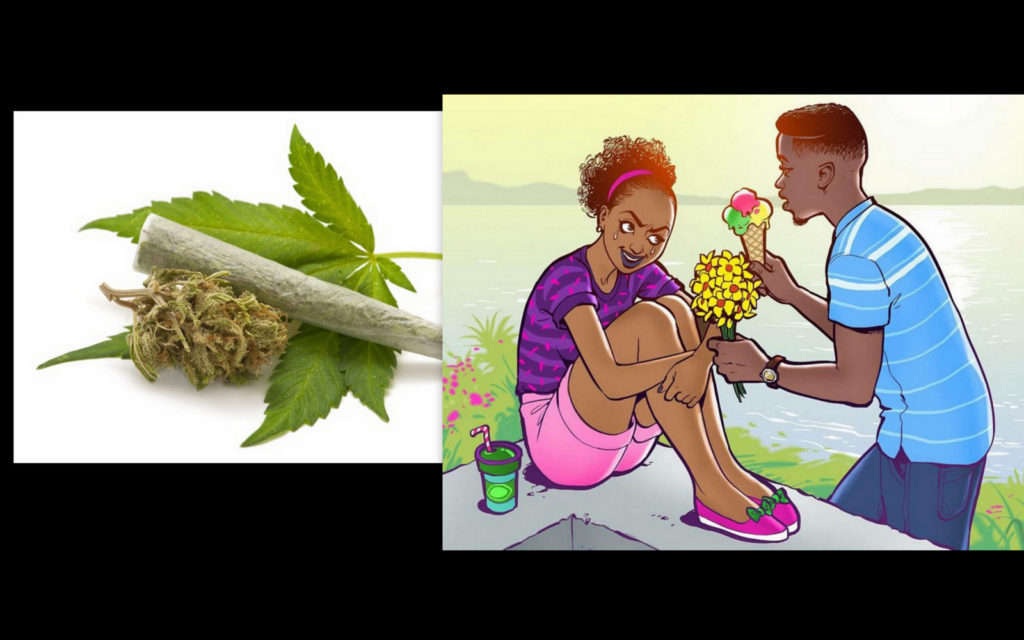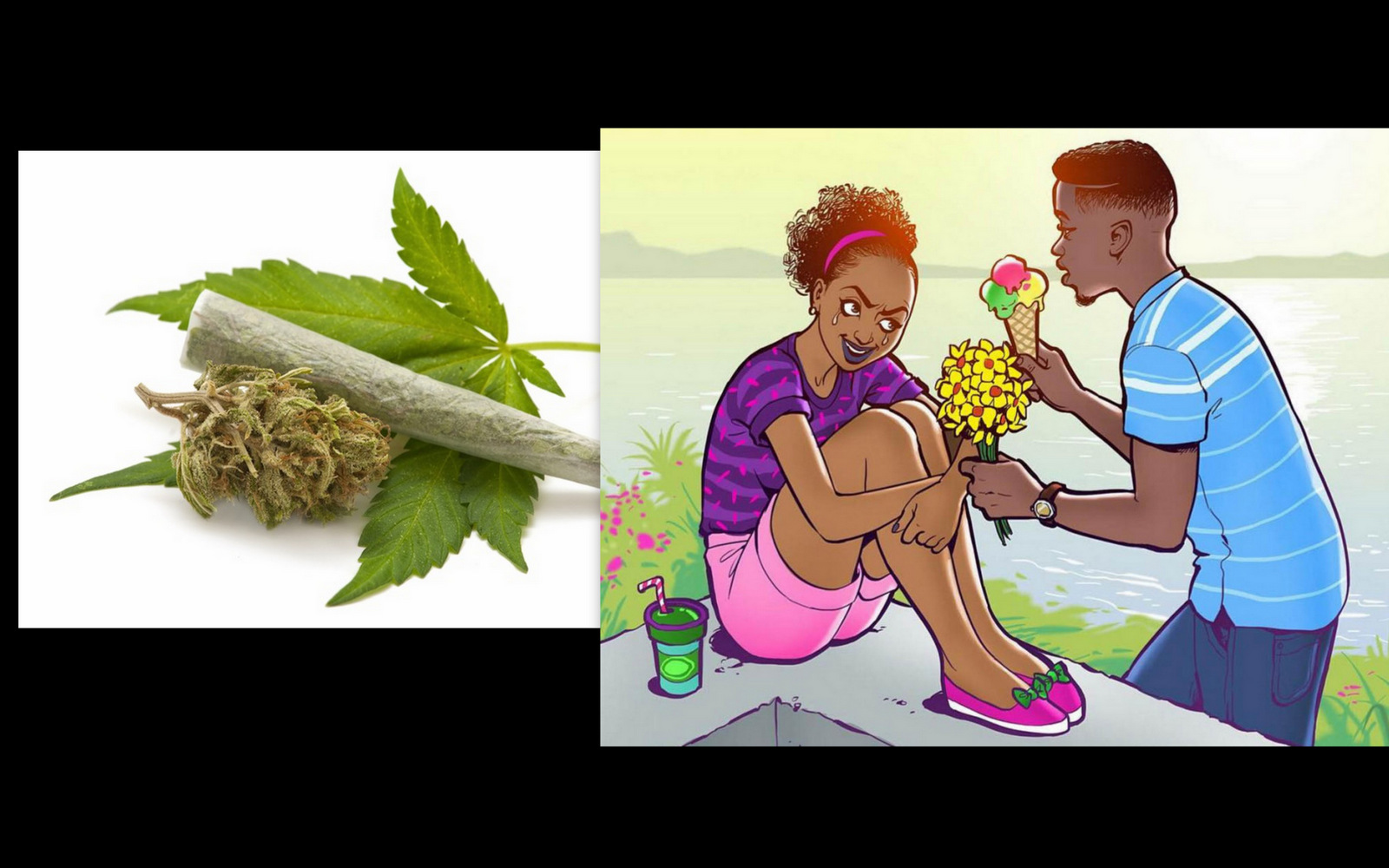Has it ever happened to you? Suddenly you do not want to eat, sleep and in all you can think is when you will see that person that you like. These are obvious signs of a great warning: you could be addicted to love.

High-intensity romances may be accompanied by symptoms similar to those of any other addiction: euphoria, desire, dependence, withdrawal, and dreaded relapses. Several tests with brain scanners have shown that love acts in the brain like any drug, colonizing the reward centers of the brain. But the truth is that the idea that people can be addicted to love is quite controversial. According to Brian Earp of the University of Oxford’s Neuroethics Center, “it’s complicated to apply the terms ‘addiction’ and ‘love’ when each person has a different conception of what each term means.” But for Earp, addiction is remarkable when one “realizes that he is in love without being able to avoid it and does not want to be.” Then negative symptoms like abuse begin to emerge.
He and his team have come to the conclusion that there are two types of addiction to love after reviewing 64 studies conducted between 1956 and 2016. According to them, such addiction exists and usually manifests when it comes to replacing the sentimental partner, at which point A feeling of loneliness usually invades us when we notice its absence. The consequences of this addiction are important: from harassment, social upheaval to even the possibility of being able to commit murder. The change in mood is clearly noticeable. When the person who is addicted to love is with his partner, he feels euphoria and happiness, but quickly, after a break, these feelings become despair, depression and affliction.
The research puts the ex-wife up to a drug that, according to Earp, “floods the brain with dopamine, which causes a strong sense of reward and encourages us to retake it even though it has fatal consequences in our lives.”














